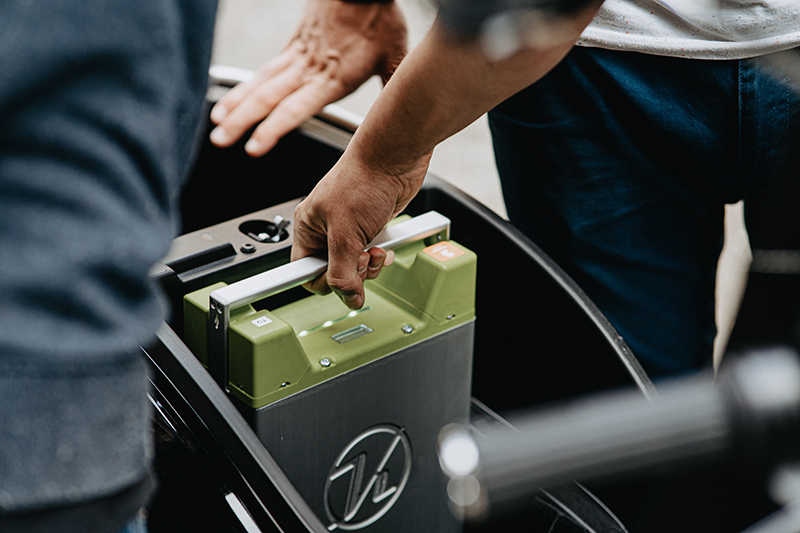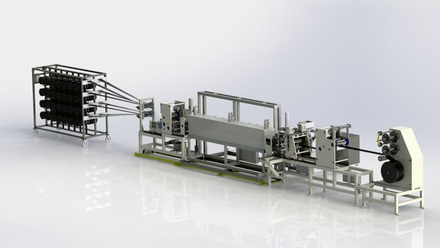Solid state batteries have a much smaller carbon footprint
Solid state batteries could reduce the carbon footprint from an electric car by up to 39%.

The reserach was commissioned by the campaign group, Transport & Environment (T&E), and conducted by Minviro, who specialise in raw material life-cycle analysis.
The study found that solid state batteries store more energy with less materials, reducing an electric car battery's carbon footprint by 24% more. However this can reach 39% more using the most sustainably sourced materials, such as extracting lithium from geothermal wells than from hard rock.
T&E say that they could use up to 35% more lithium but much less graphite and cobalt.
An NMC-811 solid state battery was compared to current lithium-ion technology. According to T&E, solid state batteries use a solid ceramic instead of liquid electrolytes to carry electric current, making the batteries lighter, faster to charge and eventually cheaper.
Accordingly, battery manufacturers reportedly predict that these new type of batteries will be used in EVs in 2025-30.







